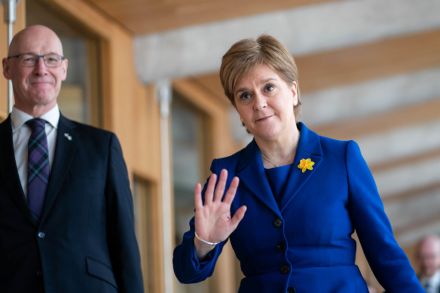Sadiq Khan’s green vision risks impoverishing Britain
Earlier this week, Chris Skidmore and Sadiq Khan announced they were ‘teaming up’ to defeat the politicians they believe are attempting to thwart climate action. In an article for the Guardian, the duo has put aside political differences to ‘set an example’ of what is possible. Those differences could be disputed: the Conservative member for Kingswood is further to the left than many MPs on the Opposition benches. But it was by no means the most dubious claim in their piece. Consider, for instance, Khan’s assertions over Ulez, London’s Ultra Low Emission Zone. He repeats that it was brought in to prevent premature deaths and illness, though it seems more likely that it was designed




















